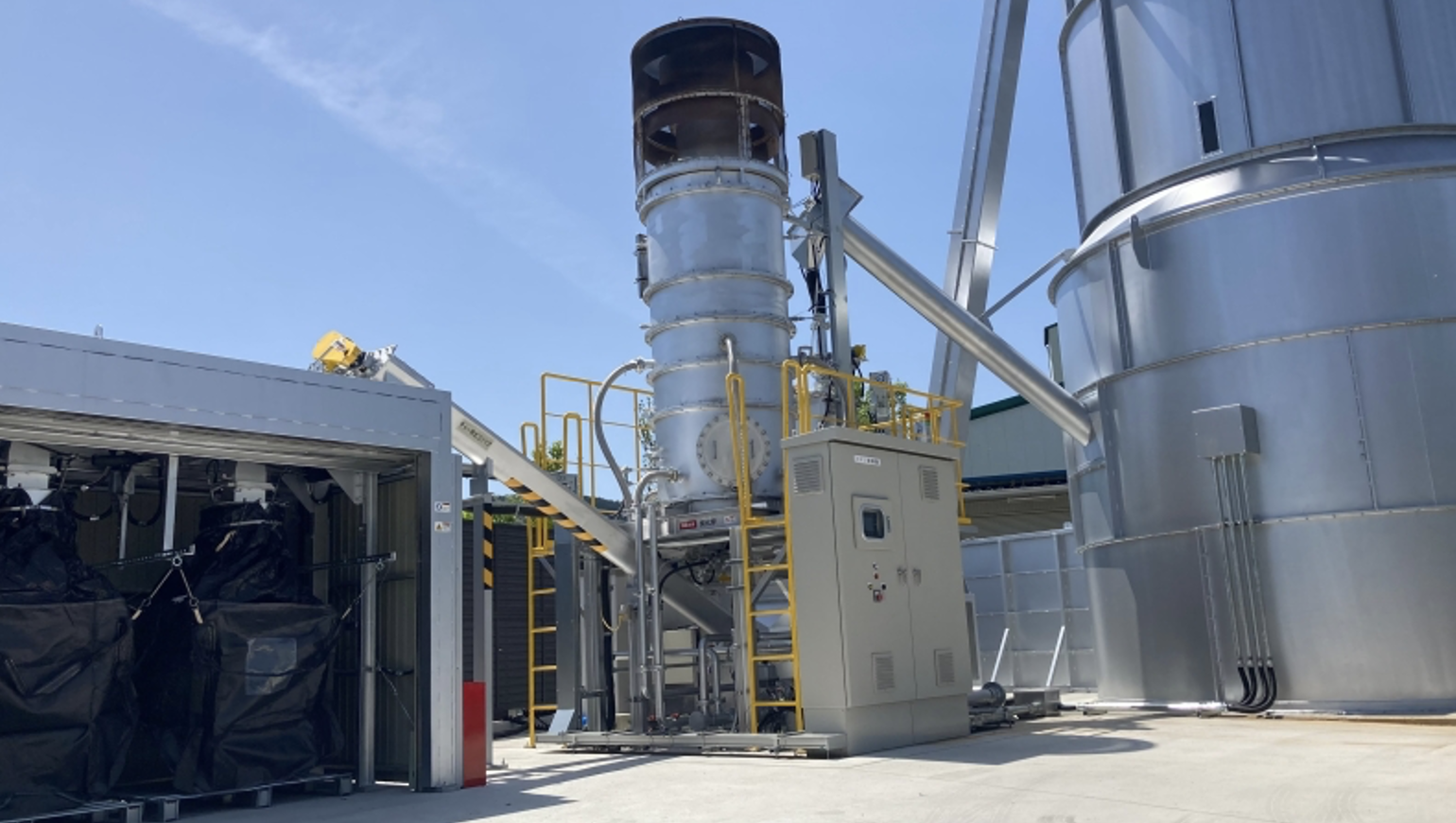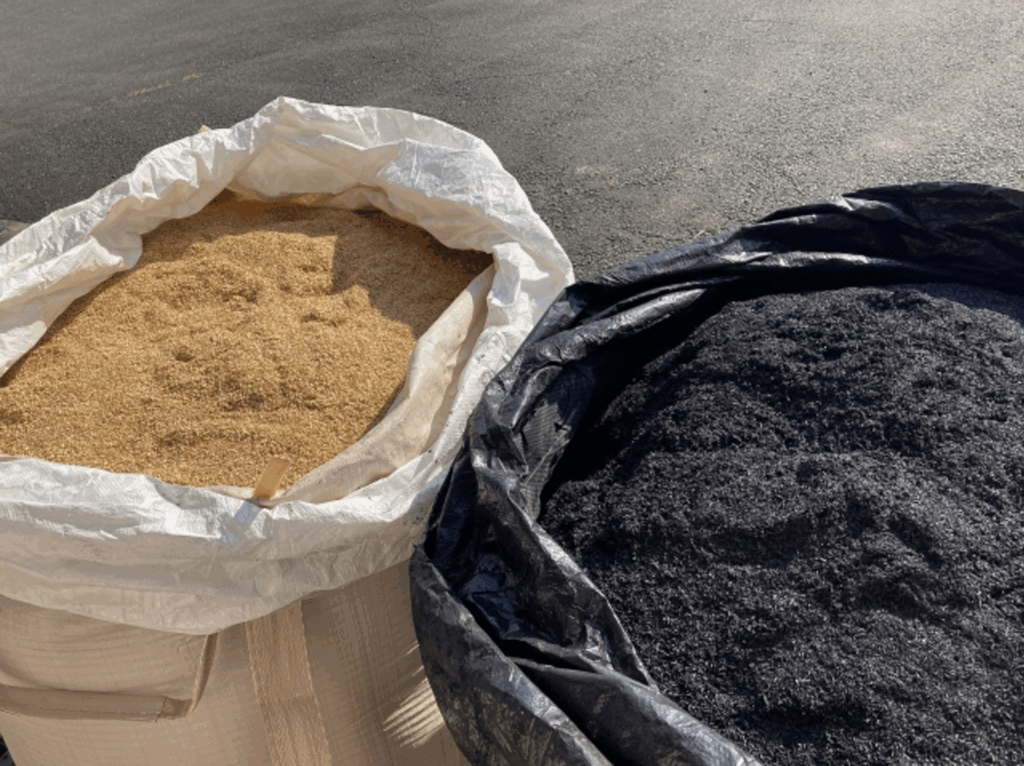https://www.nedo.go.jp/news/press/AA5_101844.html
NEDO, Yanmar Energy Systems Co. and Gifu Agricultural Cooperative have installed a test machine for highly efficient rice husk biochar production and began with production.

The challenge in getting farmers to use biochar widely is reducing costs. In response to this, Yanmar Energy Systems is working on the development of a “high-efficiency rice husk biochar production device” to significantly reduce the production cost. The test device will be used to conduct cultivation tests in areas with different types of agricultural crops and different regional weather and location conditions. In addition, carbon credits will be used due to the carbon storage effect in farmland and visualize the environmental value of agricultural products produced using this farming method, and to sell them to consumers at a favorable price as environmentally valuable agricultural products.
Rice husks, which are the raw material for biochar, are generated in large quantities during the rice hulling process. In order to maximize the carbon storage effect of biochar and achieve carbon neutrality in 2050, it is desirable to produce biochar highly efficiently on-site nationwide.
Yanmar Energy Systems aims to reduce biochar production costs by establishing a highly efficient biochar production technology that can produce 30 kg of biochar with a high carbon retention rate from 100 kg of rice husks per hour in 24-hour operation. Specifically, the target production cost per ton is set at 30,000 yen, and by using the automation and energy-saving technology of the conventional Yanmar Energy System, and by increasing the yield rate of biochar production in this project to 120% compared to conventional methods, it is expected that the cost will be reduced by approximately 40% compared to conventional biochar production technology. In this experimental machine, the furnace pieces are combined in multiple ways to derive optimal operating variables such as (1) rice husk supply height, (2) secondary air supply height, and (3) air flow rate.
In addition, this experimental machine applies conventional technology of the Yanmar Energy System, does not use fossil fuels, and not only does it emit less greenhouse gases (GHG) during production, it is also possible to suppress the generation of crystalline silica, a carcinogenic substance that is a problem when burning rice husks, and contributes to environmentally friendly resource recycling agriculture.

